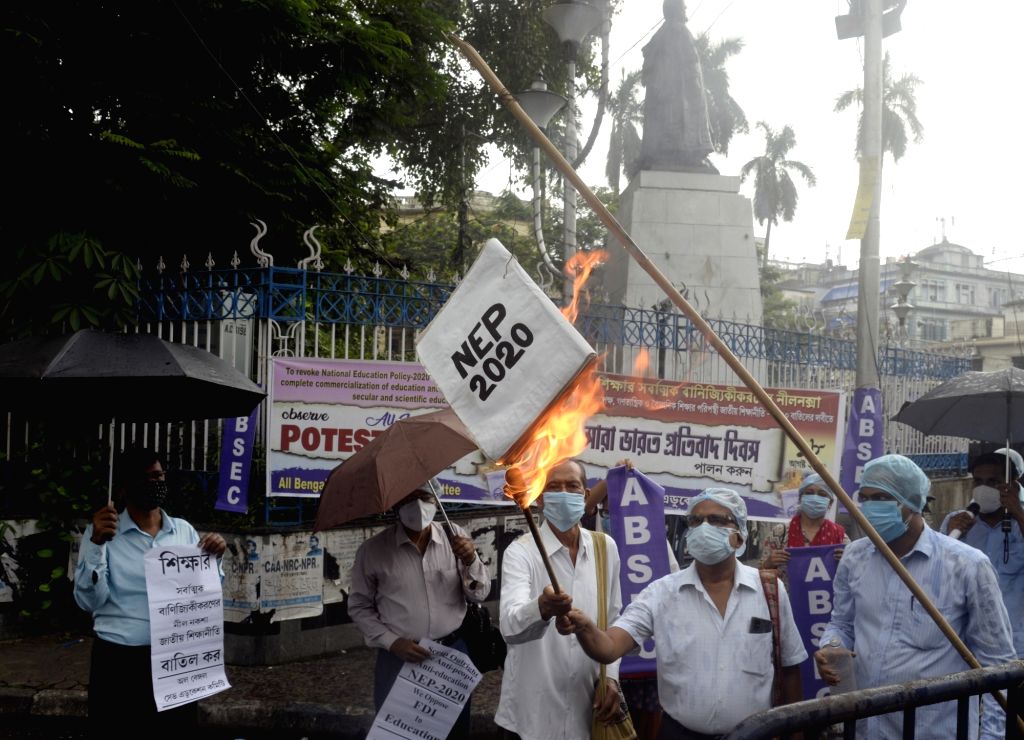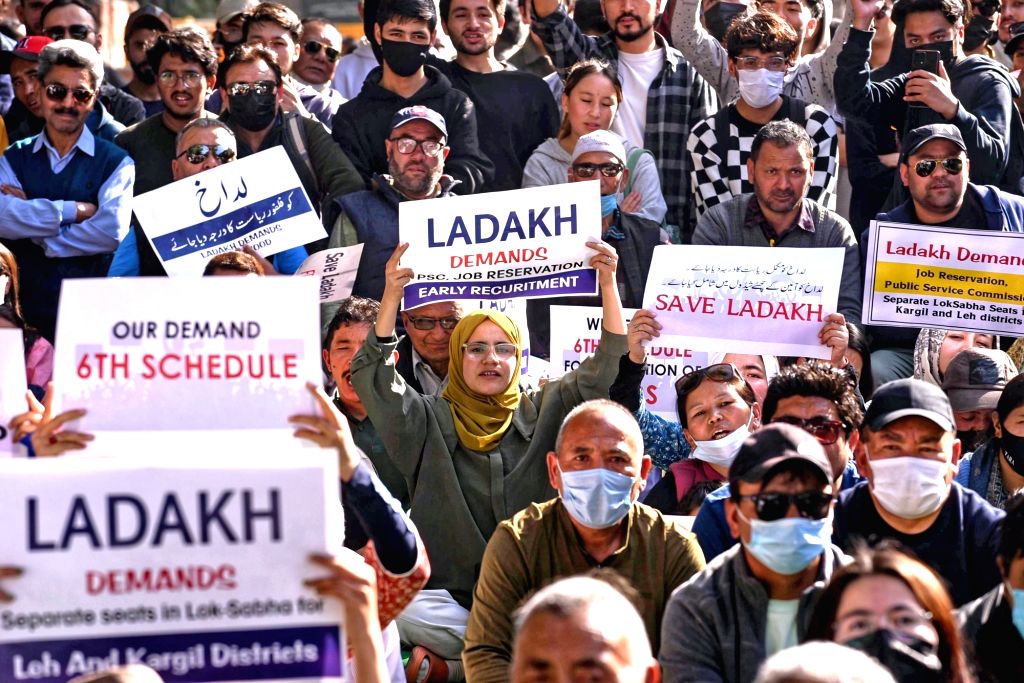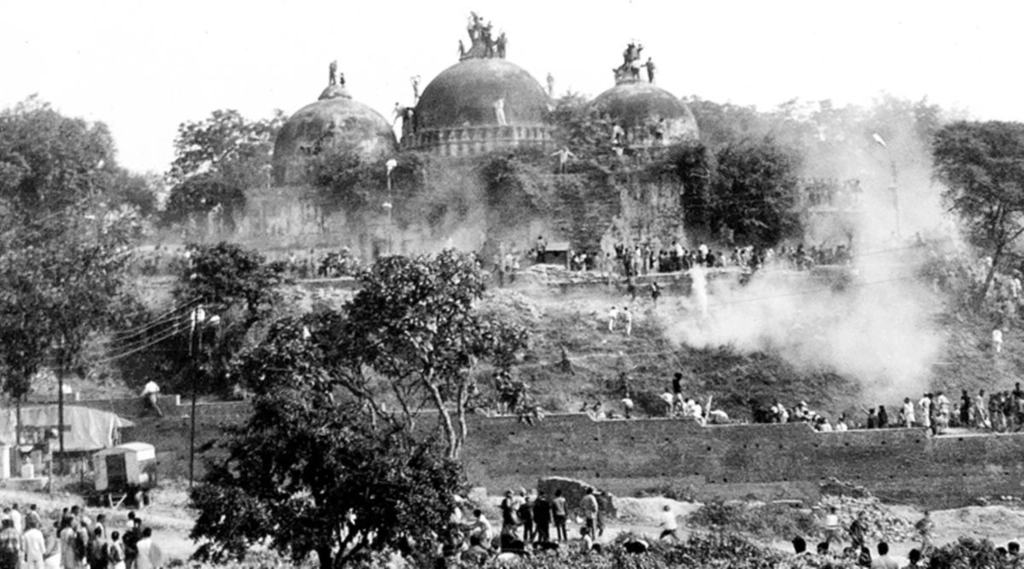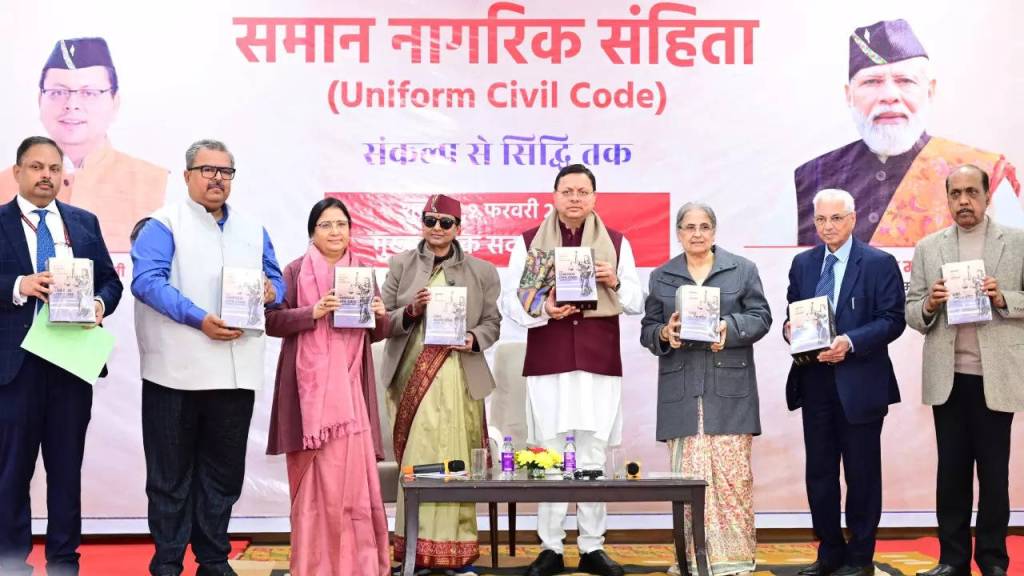Due to a printing error, this article could not be made available in the final print issue. Hence, we are posting it here as a separate article. You can check out the PDF of the print issue here.
Since India’s economic policies changed in the 1990s, the neoliberal assault has intensified.
Welfarism’s current structures are being methodically destroyed, and education is also going through all of the corresponding changes of commodification and privatisation.
The rhetoric of inclusive growth, sustainable development, and social inclusion is clearly in the open. To understand Neoliberalism and to combat it, we need to look at the methods in which capital operates and the alliances that it develops in order to maintain itself.
I’ll make the case that the only way to effectively combat neoliberalism is to observe and comprehend how the market operates. In order to achieve the neoliberal agreement among the ruling elites, capitalism has used both consensus and coercion. The educational mutilations, as rightly noted by Ravi Kumar, are nothing more than the physical manifestations of the struggle between capital and labour in the realms of the state, economy, and polity.
Based on the theories of neoliberal theorist Hayek, the difference between the classic (laissez-faire) liberalism of mid-nineteenth-century Britain and the current neoliberalism is that the former sought to roll back the state and allow private enterprise to make profits largely unhindered by legislation (such as safety at work, trade union rights, and minimum wage) and unhindered by the tax costs of a welfare state (e.g. Hayek and Caldwell, 2007).
Neoliberalism, on the other hand, demands a strong state to further its objectives. Capital needs a strong interventionist state, especially in the areas of education and training—producing a workforce that is ideologically compliant yet technically and hierarchically adept. For capitalism to function, social labour production is essential. Workers convert labour capacity into labour in processes that produce commodities, so it needs to get as much surplus value as it can out of their labour power. Neoliberalism has been adopted by countries with diverse political histories, and its supporters hold influential positions in the media, banking sector, corporate boardrooms, university hallways, and university buildings throughout the world. Its supporters control important international financial institutions including the World Bank, the International Monetary Fund (IMF), and the World Trade Organization (WTO). Indeed, “the common sense way many of us interpret, live in and understand the world” is now neoliberalism (Harvey, 2005, p. 3.).
According to David Harvey’s Brief History of Neoliberalism (2005), neoliberalism is first and foremost a theory of political economic practises that contends that the best way to advance human well-being is to free individuals to pursue their own entrepreneurial interests within an institutional setting characterised by robust private property rights, free markets, and free trade (Harvey 2005, 2). The capitalist classes around the world, according to Grant (2009), have three main business agendas for education: (a) one that focuses on socially producing labour power (people’s capacity to work) for capitalist enterprises; (b) one that focuses on “freeing” business in education to make money; and (c) one for education corporations that allows edubusinesses to profit from national and international privatising activities. The pathologization of the market model is described by McMurtry (1999). He claimed that this is a system where the playing field is slanted in favour of huge multinational and transnational corporations that snuff out, destroy, or incorporate start-ups, entrepreneurs, and other prospective rivals. The government is gradually abdicating its responsibilities to provide universal education to everyone in favour of encouraging private players and philanthropic organisations, so abdicating its right to universal and high-quality education for all. In order to understand the current developments around the world, Harvey, Perelman, Wood, Angelis, Sanyal, Chatterjee, and others have reopened the discussion on some of Marxism’s most archaic issues and convincingly emphasised the idea of primitive accumulation. They want to demonstrate how the idea of ongoing basic accumulation is crucial to capital’s ability to reproduce its conditions of existence.
By extending market relations to areas that were previously out of their reach and by strengthening their hold in places where they already existed, it explains how capital moves. The forced eviction of peasant populations, the commodification and privatisation of land, and the transformation of various types of property rights (common, collective, state, etc.) into exclusive private property rights are all processes that Harvey highlights in his writing.
commodification of labour and the suppression of alternative (indigenous) forms of production and consumption; colonial, neo-colonial, and imperial processes of asset appropriation (including natural resources); monetization of exchange and taxation, particularly of land; the slave trade (which still exists today, especially in the sex industry); usury; the national debt; and, most devastating of all, the use of the credit system. The state is essential in supporting and advancing these processes because of its control over violence and definitions of what is legal (Harvey 2005; 159). The state’s function has changed from being managerial to being entrepreneurial (Harvey 1989). By providing large tax advantages, cash incentives, and profitable transactions in a number of other ways, it actively promotes business owners.
The active dismantling of social security, the poor condition of government schools and colleges, changes in curricula, and some recent examples like the introduction of the semester system and the Four Year Undergraduate Program (FYUP) at Delhi University all represent an assault by and victory of the logic of capital that seeks to accumulate from every available avenue, thereby exacerbating the precariousness of everyday life for the majority of people. Capital actively promotes the ideology of individualism and professionalism, which elevates the logic of economy above social and political concerns. Neoliberalism creates fragmented and incomplete knowledge that never demands to draw wider political economic links but instead tries to highlight the possibility of “transformation” within neoliberal frameworks. Every voice of dissent is being addressed with this kind of stunted knowledge as the solution. This exact same ideology promotes “development” as the ready-to-serve response for anyone calling for social justice, religious tolerance, self-determination, or an end to caste- and gender-based discrimination.
In the Indian context, Brahminism, patriarchy, and the Hindutva ideology all go hand in hand with the homogenising ideology of neoliberalism. Recent instances of right-wing opposition to an article by Ramanujan published in Delhi University textbooks and the essay’s removal as a result serve as an illustration of the alliances capital gets into in order to sustain itself. The “winning ideology” has been described as being based on competition and the concept of merit. This brings up memories of the comparisons Marx made between the emergence of the factory system and the governing ideology of the era of enclosure.
Marx made a reference to Robinson Crusoe and his valued watch, which became the epithet “time is money” in pop culture whose understanding is sufficient to further the neoliberal aim of an atomized and individualized existence. A compartmentalized framework of knowledge, severe degrees of specialisation (a marker of an advanced stage of capitalism) and consequently a shortened socio-political vision, this is the end-product of neoliberalism’s onslaught on education.
by Devika, Research Scholar at Jawaharlal Nehru University
Download PDF of this article here
Works Cited
1. Hayek, Friedrich A., and Bruce Caldwell. The Road to Serfdom: Text and Documents. University of Chicago Press, 2007.
2. Harvey, David. A Brief History of Neoliberalism. Oxford University Press, 2005.
3. McMurty, John. The Cancer Stage of Capitalism. Pluto Press, 1999.
4. Harvey, David. “ From Managerialism to Entrepreneurialism: The Transformation in Urban Governance in Late Capitalism.” Geografiska Annaler: Series B, Human Geography 71, no. 1 (1989). 10.1080/04353684.1989.11879583.







Leave a comment